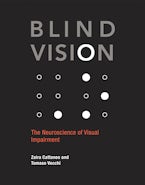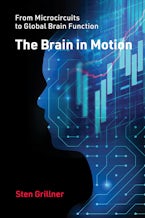The latest research in the development of technologies that will allow humans to communicate, using brain signals only, with computers, wheelchairs, prostheses, and other devices.
Interest in developing an effective communication interface connecting the human brain and a computer has grown rapidly over the past decade. The brain-computer interface (BCI) would allow humans to operate computers, wheelchairs, prostheses, and other devices, using brain signals only. BCI research may someday provide a communication channel for patients with severe physical disabilities but intact cognitive functions, a working tool in computational neuroscience that contributes to a better understanding of the brain, and a novel independent interface for human-machine communication that offers new options for monitoring and control. This volume presents a timely overview of the latest BCI research, with contributions from many of the important research groups in the field. The book covers a broad range of topics, describing work on both noninvasive (that is, without the implantation of electrodes) and invasive approaches. Other chapters discuss relevant techniques from machine learning and signal processing, existing software for BCI, and possible applications of BCI research in the real world.












